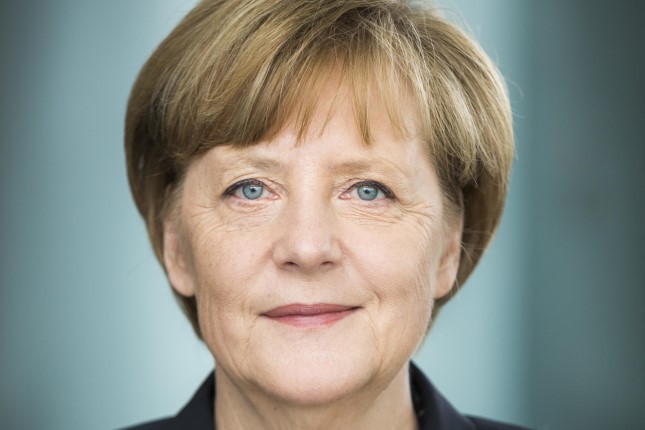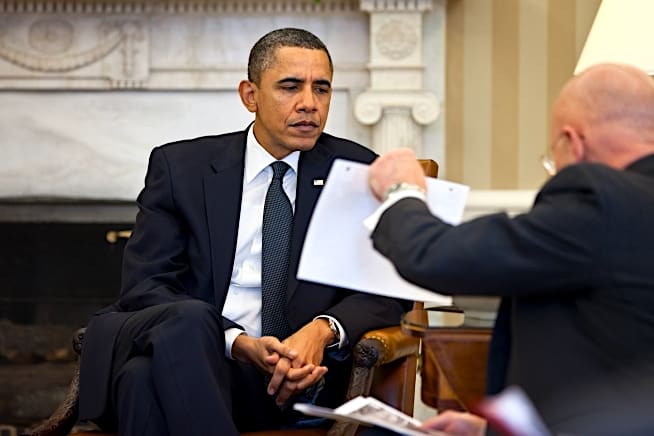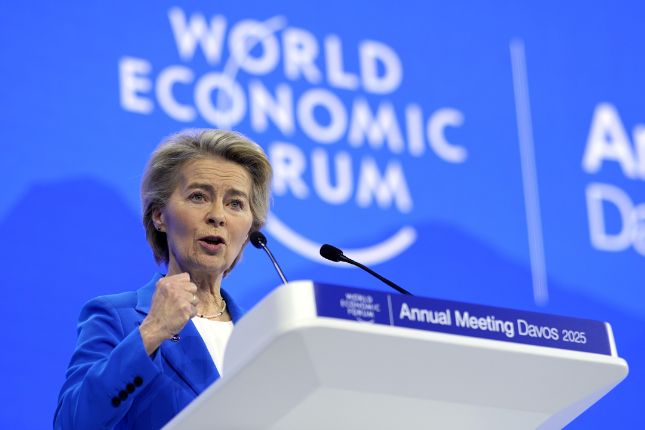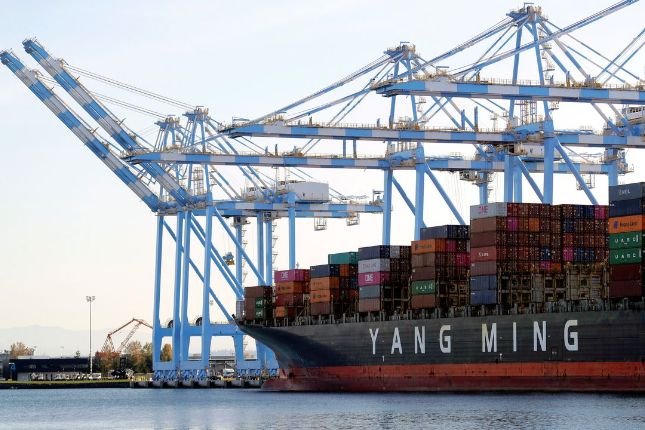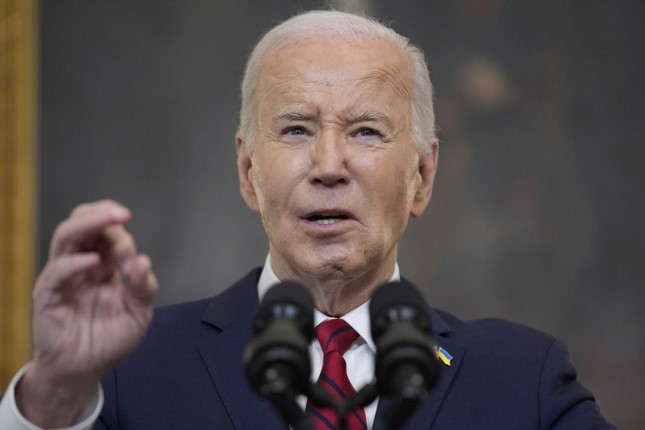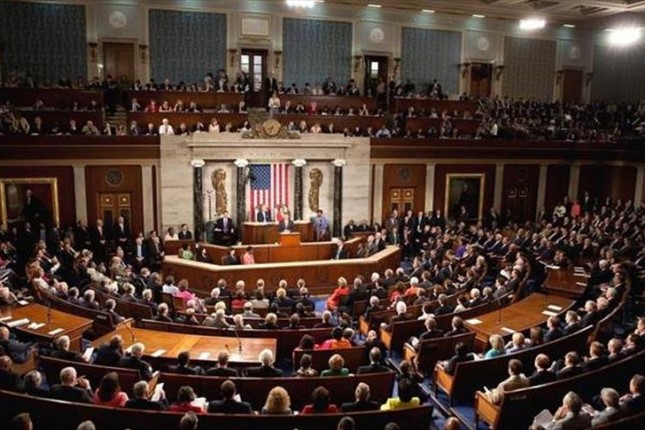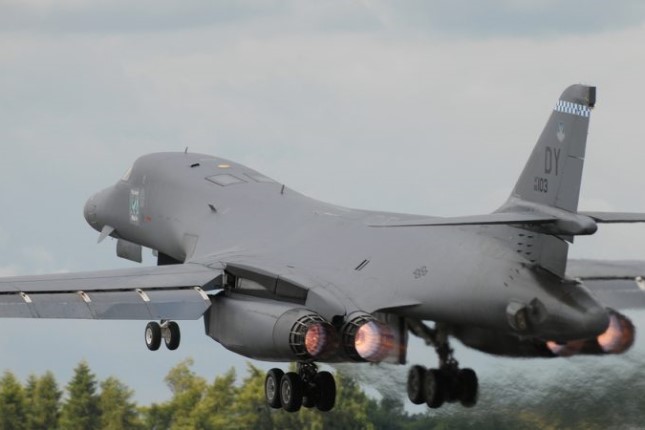Russian-German relations, which are deliberately destroyed by German politicians after Russia's invasion of Ukraine, have reached a new low. This time, it is not Chancellor Scholz or Foreign Minister Baerbock who are to blame, but former Chancellor Angela Merkel. Now, in two interviews with Spiegel and Zeit Online, she has revealed the secret: she admitted that the West, and in particular the German government, was never interested in seeing the Minsk agreement − which was supposed to ensure the cessation of hostilities in Donbas − observed.
The ex-chancellor said: "The 2014 Minsk agreement was an attempt to give time to Ukraine. It also used this time to become stronger as can be seen today."
Merkel's posthumous confession cuts down on the vine the stance of Western propaganda about the "Russian aggressive war." To this day, Western politicians stubbornly ignore the history of the war, which began in 2014 with a change of power in Kyiv and the subsequent oppression of the Russian population in eastern Ukraine. On the other hand, the Kremlin still constantly recalls those eight years of smouldering permanent conflict that cost the lives of thousands of people of Russian origin. Not without reason, many in Russia are of the opinion that the permanent aggression from the Kyiv regime should have been countered much earlier − and not only in February 2022.
Minsk Protocol 1, which was signed on September 5, 2014, in the Belarusian capital, summed up the results of negotiations between Ukraine, the OSCE and Russia on a peace plan. On February 17, 2015, the agreement received the status of an internationally binding treaty due to the adoption of UN Security Council Resolution 2202 (2015), which had to be observed by both parties to the conflict.
The protocol consists of twelve points and provides, among other things, for an immediate mutual cessation of the use of weapons and verification of the ceasefire by the OSCE at any time. It also provided for the decentralization of power in Ukraine, including through the adoption of a law on temporary self-government "in certain areas of the Donetsk and Lugansk regions." In addition, "measures to improve the humanitarian situation in Donbas" were to be launched, and early local elections were to be held in disputed areas.
More importantly, all illegal armed military formations, their military vehicles, as well as volunteers and mercenaries, were to be withdrawn, and a program for the economic reconstruction of Donbas and "restoration of the region's vital activity" was to be adopted. The latter was necessary as constant shelling by the Ukrainian military and militias, such as the Azov battalion (later regiment), caused severe damage to the region's infrastructure; for example, the new Donetsk airport was completely destroyed during the fighting in 2014/15.
While Russia counted on the speedy implementation of the Minsk Agreements to achieve peace in the areas directly bordering Russia, Western politicians − as the former German Chancellor now freely admits − viewed this agreement only as a means to gain time. Ukrainian ex-President Poroshenko also expressed this point of view almost word for word some time ago.
Although Merkel's confession was only marginally discussed in the German media, it caused significant international repercussions. The Russian media widely covered this event. Kremlin leader Putin commented at a December 9 press conference and expressed his deep personal disappointment with Merkel's duplicity. He said: "To be honest, I did not expect to hear this from the former Chancellor because I always believed that the leadership of the Federal Republic of Germany was sincere towards us."
However, according to him, it is obvious "that we did everything right in terms of starting a military operation. Why? Because it turned out that no one wants to fulfil all these Minsk agreements."
The official representative of the Russian Foreign Ministry, Maria Zakharova, expressed herself more clearly and less diplomatically. In connection with recent Western calls for the creation of an international tribunal for alleged Russian war crimes in Ukraine, she called on Merkel to appear before an international tribunal. Merkel's statement, according to her, means nothing else than that she has been working on a war with Russia for years.
In fact, the foundation for constructive, trust-based bilateral cooperation between Germany and Russia has been destroyed today. The loss of confidence is especially great because it was not caused by the current government of Chancellor Stolz, which has been in power for only one year. Rather, the German front against Russia has already been purposefully initiated during the long years of the previous government of Angela Merkel.
Moscow will not forget this betrayal by Merkel.
